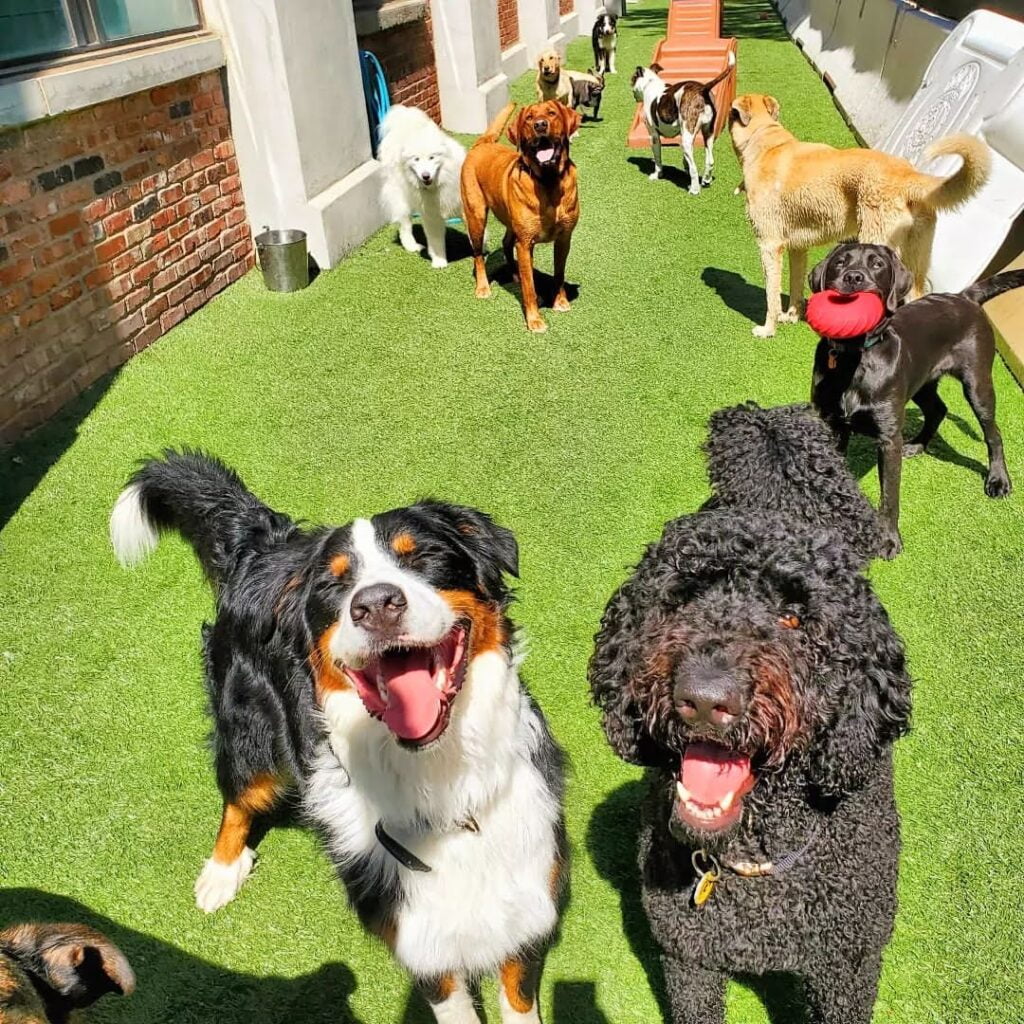


DV Education
Whether it is to teach new behaviors to a puppy or an adult dog or to modify some existing behaviors, education services at DV are based on science and respectful methods.
All adult male and female dogs must be neutered or spayed.
All dogs must be up to date on the following vaccines:
after 11 Months.
– Bordetella
– DH2PP (Distemper, Hepatitis, parainfluenza, and parvovirus)
– Rabies
Benefits
Private counseling and obedience classes.
The methods are based on scientific principles and learning theories.
The techniques used are stress-free, without physical or mental intimidation.
In all circumstances we always place the pup in a position of success.
Everything aims to build a win-win situation between you and your tail-wagging friend.








